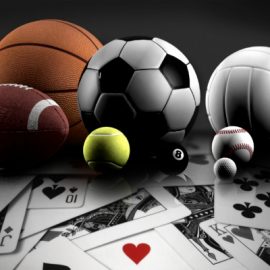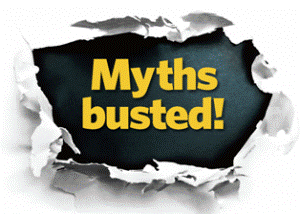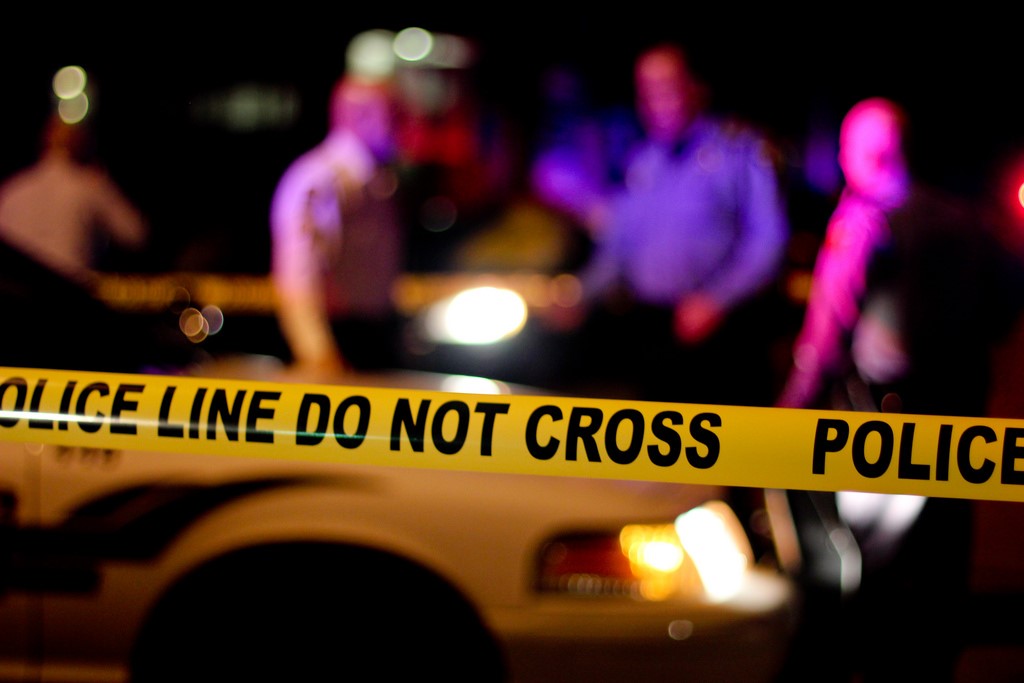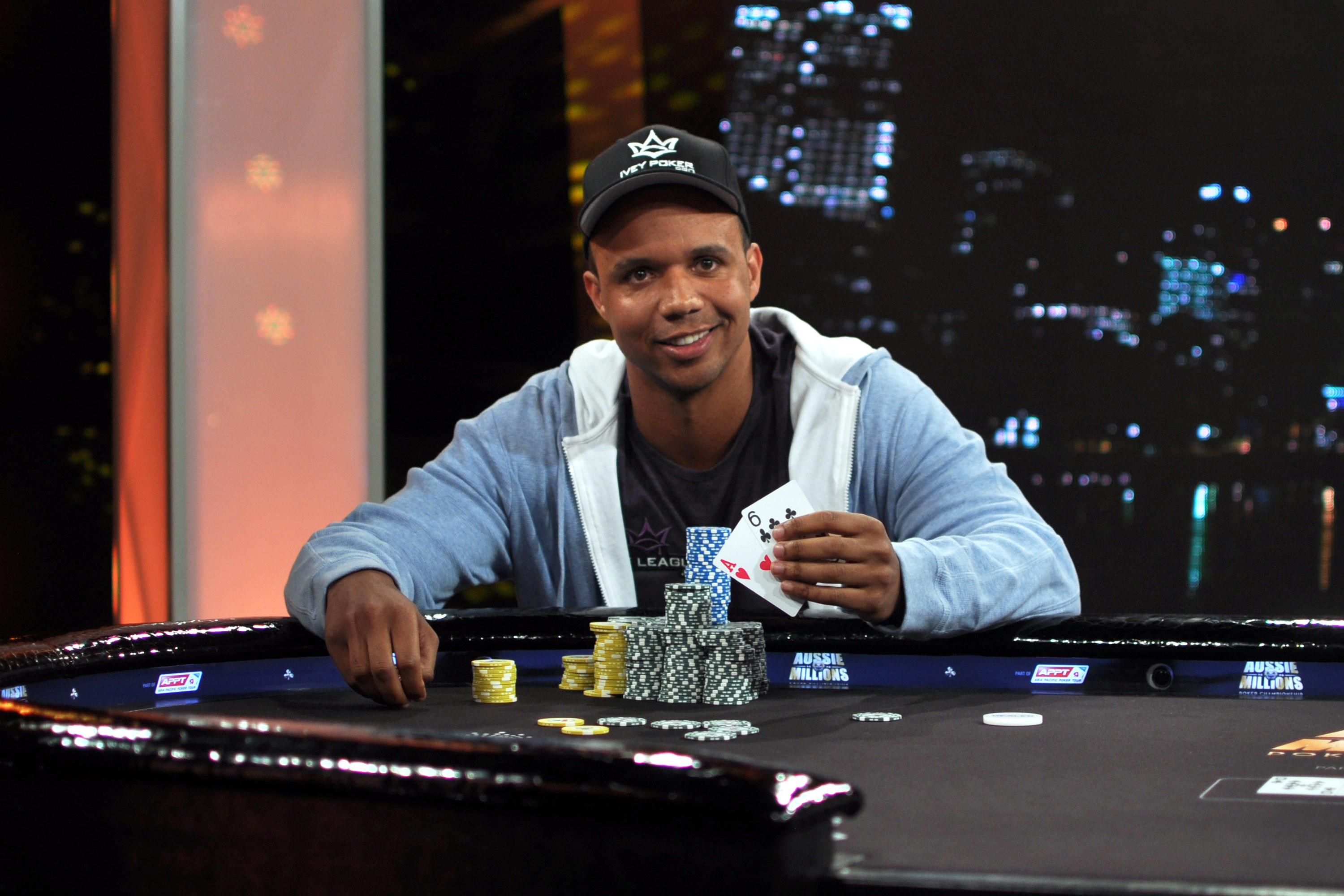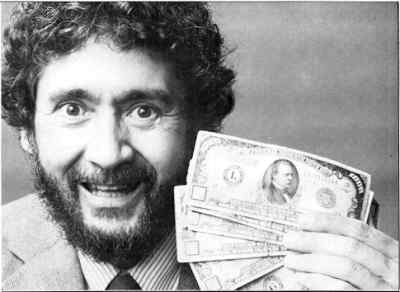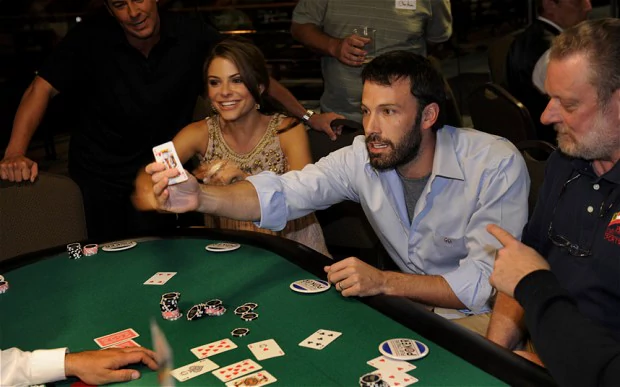All too often, Americans blame the odds. Is President Trump leading the offense in the White House court? Blame it on the 1 in 2.7 chance that an American is a Republican. Are your serotonin levels dramatically dropping every Christmas and Valentine's Day? Blame it on the dramatic rise of newspaper obituaries in January and March, when people are more likely to die than other months.
And is your bank account still short of a Lotto jackpot? That is because the odds of winning are 1 in 45 million. The likelihood of being hit by a falling part of a plane, a meteor, a lightning bolt or an unexpected Oscar award all score higher than you being a millionaire courtesy of UK’s highest ever jackpot.
Relative probabilities govern almost every aspect of human life, which- as you've probably noticed every time you've tried to systematically beat the odds- has a major element of chance to it.
Either you feel it or not, every day is Monopoly day. And if that's the case...
Should You Just Toss the Dice?
Everything seems random and uncontrollable. However, just as how all too often Americans blame the odds, Americans also love their statistics.
In sports, where men seek to break records and women strive to break the mould, the rest of us standing on the sideline need to feel involved in the game as well.
By proxy- and a weird umbilical dynamic we've tied ourselves to our players of choice- their victory is our victory, their defeat our shame.
Of course, the same competitive spirit drives us into attempting wagers on the outcome of a game.
Be it sports betting or online gambling, most of us happily engage into all kinds of mental arithmetics, breathlessly diving into insider tips on how to beat the bookies at their own game.
Odds may be unruly beasts. But all beasts can be tamed, we tell ourselves. So humans have devised a system of probabilities to beat the house, beat the odds, and ultimately, beat chaos.
Gambling: The Birthplace of Sports Betting
Sports gambling has been around ever since Columbus bet on the wrong horse. Or continent. While they ventured on the biggest gamble of their lives, the Plymouth colonists also packed a bundle of British leisure activities to import into the grey New World.
Horse racing, fighting, even cockfighting kept Americans entertained (until they invented television and Fox News, that is).
However, their no.1 pastime- one worth selling their sugarcane farm- was pedestrianism. In the 1800s, being a walker was nothing but. Competitive pacing back and forth became a national sports craze and the most famous pedestrians drove thousand-strong crowds to arenas.
These were the modern gladiators of urban America. Not surprinsingly, gambling was part of the allure, and pedastrianism was soon reduced from a sport fit for a nobleman to race-fixing and corruption scandals.
If this were a tale of morals, the story of gambling would end here. But people were far from dissuaded from gambling. Americans just shifted their bets from the walkers to the cyclists.
Then followed the rise of baseball and football, and soon the bets upgraded to a superior level of complexity. Now, odds had the final say. Today, they're known as betting with the money line in sports parlance.
Are Racing Predictions Clinical Enough?
Psychologists have traditionally associated gambling with an “impulse control disorder” and have taught the average addict gambler to employ an Alcoholics Anonymous speech of contrition and remorse: “Hi, my name is Smith and I like to play baccarat.”
However, recent findings suggest that compulsive sports betting doesn't fall far from the mother tree: pathological gambling.
"Sports gamblers seem to believes themselves the cleverest of all gamblers. They think that with experience and knowledge -- such as player's statistics, manager's habits, weather conditions, and stadium capacity -- they can predict the outcome of a game better than the average person.", Prof. Pinhas Dannon of Tel Aviv University's Sackler Faculty of Medicine explains.
It might be so, but this clinical approach doesn't take into account the whirl of the odds.
The best and worst casino game odds
First, the golden rule. Table games offer much better odds than the pokies. You don't want to flex your brain muscle against that random number generator.
Just peruse the casino floor, observe the absence of the tick-tack sound, and place your chips on one of the following games:
- Blackjack- the most generous odds of winning, with a house edge of just 1 percent (depending on casino).
- Craps- you bet on a dice roll while your win hangs on the odds of coin flip. In other words, a 50/50 chance.
- Roulette- Those extra green zeroes on the wheel give the house its edge, but if you do win, it pays out 36 to 1. Or try a European game of roulette, the atmosphere is more laid-back and the odds run in your favor.
- Online gambling- Boasting global databases of thousands of casinos, no-deposit bonuses, VIP jackpots, slots of unimaginable diversity, and fast payouts, online gambling sites like TakeBonus.com advertise an almost unbelievable return to player- the equivalent of a return on investment on oil stocks during the Rockefeller age in the 1910s.
The reason? Since the house keeps its expenses to a minimum (no electricity bills for slot machines, labor unions asking for a raise, or the land taxes a brick-and-mortar casino pays), it can afford to keep its edge equally low. In most cases, as low as 7%.
So, spin the machine 100 times on a site like TakeBonus.com and you could expect to win $93 out of $100. In theory, at least.
The Odds Top the Superstitions
Finally, bet with your head, not with your heart. The best odds are drawn on paper, and you'd do well to keep your emotions, personal preference, and inherited superstitions away from the bookies.
Old wives’ tales demand you feed a racing horse to the crows if the poor animal sports four white legs. Who will you listen to? The odds or the myths?











